If you are supporting someone with dementia, then this is the blog for you. Here we want to share more about the condition and how it can affect your loved one overtime. When someone close to you is diagnosed with dementia, it can bring lots of different emotions. It might make you feel sad, fearful, angry or helpless. Or, you may even feel some relief that you now have an explanation for their symptoms. The important thing to remember is that all of these feelings are natural.
You are not alone. There are a great number of supports available and a number of things you can do to help you cope. While it may still be new to you, it can be daunting to think about what’s ahead. But, it can also help to be prepared.
Things are going to change, but the support from friends and family can make a huge difference to you and the loved one you care for. Within this blog we will cover a little more on what dementia is, who gets it as well as the treatment and support options.
What is Dementia?
In a nutshell, dementia is a group of symptoms. It is caused by different diseases that damage the brain. The symptoms get worse over time and can includes:
- Memory loss
- Need help completing daily tasks and confusion
- Potential problems with language and understanding
- Seeing a change in their behaviour
Remember, dementia is not a natural part of getting older. The diseases affect the brain in various ways, resulting in deafferent types of dementia. Knowing more about the condition can actually help you better support your loved one. It can help you come to accept their diagnosis and the changes they go through.
Who gets Dementia?
The risk of developing dementia increases with age. 1 in 6 people over 80 are currently living with it. However, dementia is not a natural part of getting older. The overall risk of getting dementia depends on a combination of factors that we can not change. They are age and genes along with the ones that we can, such as physical inactivity, smoking and drinking too much alcohol.
Is Dementia Hereditary?
Most types of dementia are not passed down from parent to child. There are a few genes that will definitely cause dementia if they are passed down. This of course is quite rare.
Treatment & Support Options:
Sadly, there is no known cure for the condition just yet. However, the right treatments and support can make a world of difference in being able to live as well as possible with it. These can include:
- Structured Therapies – such as cognitive stimulation therapy or cognitive rehabilitation
- Medication – drugs to help improve thinking and memory
- Health Management – this is where you can help to manage their other health conditions that could make their symptoms worse. Hearing and sight loss for example.
- Day-to-day – this could involve making helpful changes to their every day routine. To help make life easier etc. Perhaps some daily living aids.
Supporting your loved on to stay active is good for their wellbeing. Encourage them to meet and connect with other, this will greatly help them to keep using their language and memory skills.
Different activities, including everyday tasks, can help to preserve their self-esteem, improve sleep and help prevent depression.
For more information on living with dementia and the supports available, Dementia Australia will be happy to help. Feel free to click here to learn more.




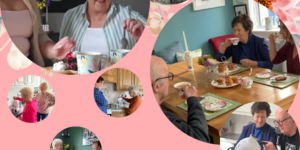
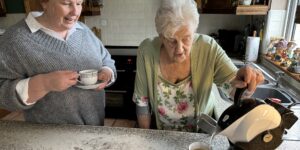
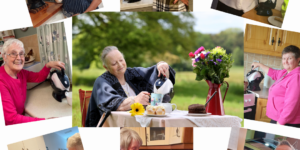
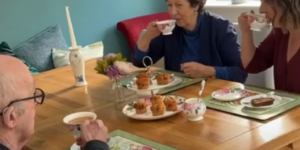

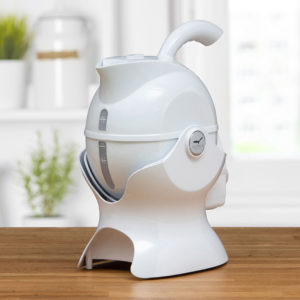



Leave a Comment